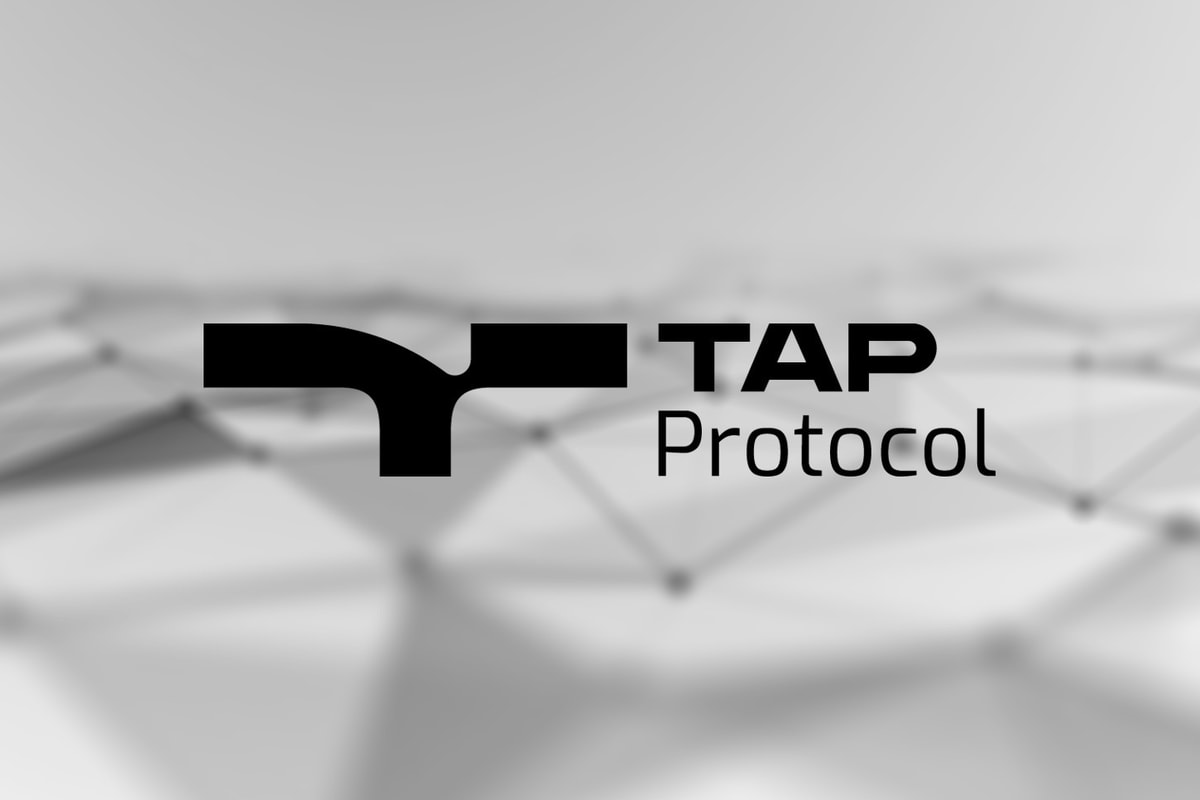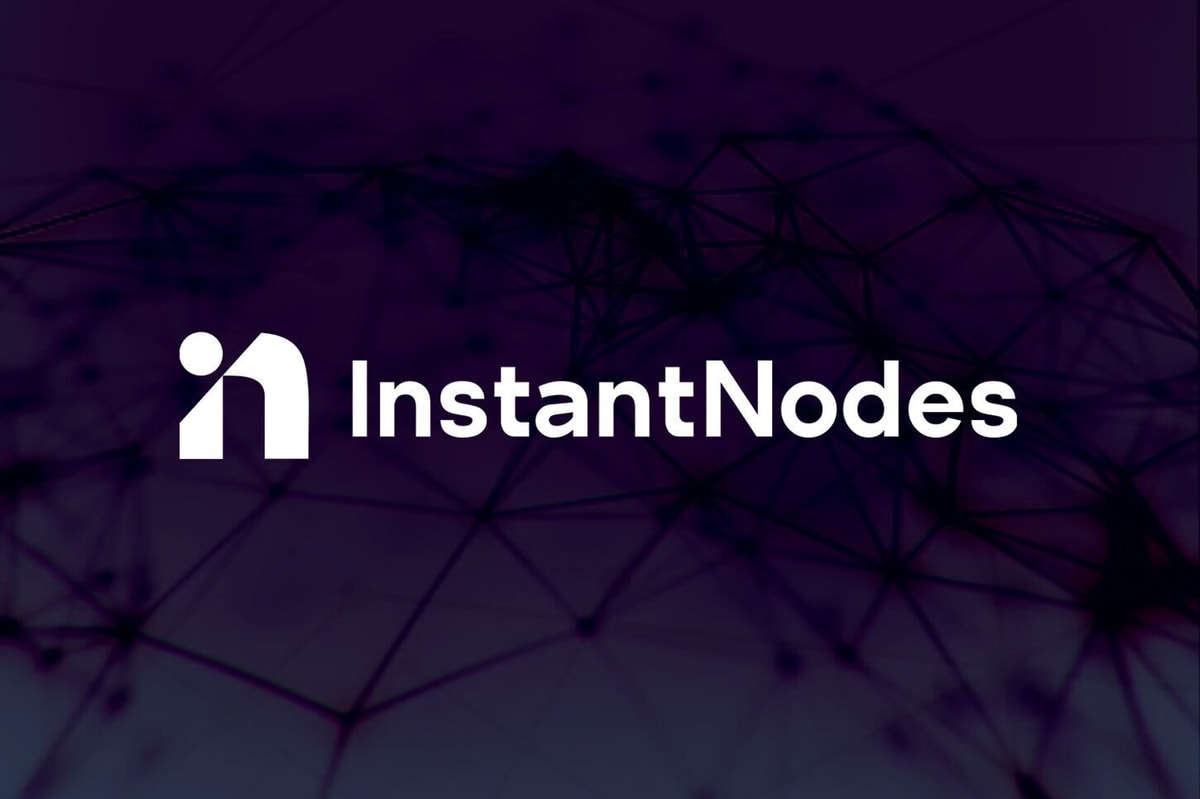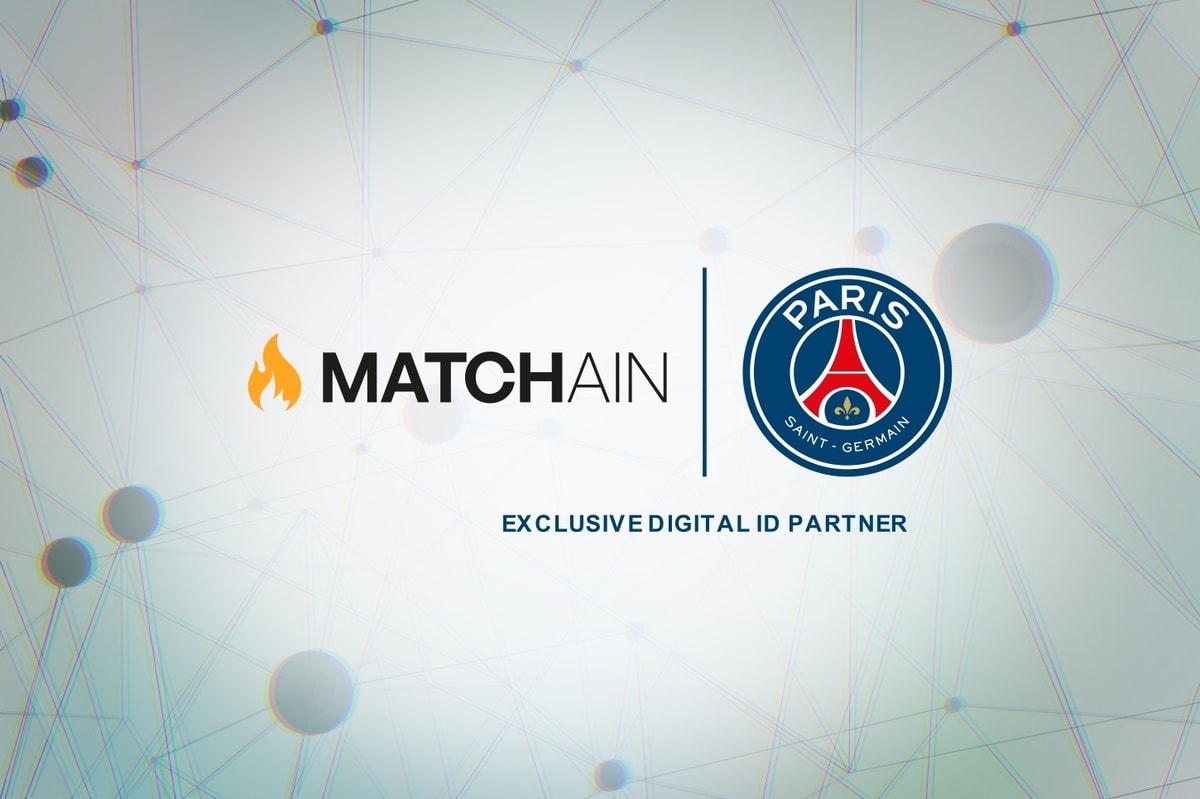Virtual Labs, the startup that pioneered the first functional ZK state channel, has successfully raised $1,200,000 in pre-seed funding. The funding round was led by OP Crypto, with participation from Byzantine Marine, Koyamaki Ventures, the NEAR Foundation, and several individual angel investors. This achievement has propelled the cryptographic protocol to a valuation of $20 million.
Heading the Virtual Labs team is 21-year-old Founder and CEO, José Betancourt, who made the decision to leave Yale last year and dedicate his full attention to building the company. Betancourt is joined by Dr. Alexander Atamanov, a cryptography Ph.D., and a core team of international members from institutions such as Composable Finance, Harvard, MIT, and Columbia.

“José Betancourt, Founder and CEO of Virtual Labs”
Virtual Labs has a clear mission: to enhance the user experience of Web3 by eliminating gas fees, latency, and cumbersome wallet interactions. Betancourt envisions a future where Zero Knowledge and Zero Friction are inherent in every SDK integration, blurring the lines between Web2 and Web3 users.
Betancourt expressed his vision, stating:
“Mainstream adoption will only occur when regular people do not realize that the blockchain is powering their applications. Our goal is to empower engineers to focus on creating fun and practical apps, while we manage the cryptographic complexities behind the scenes.”
The company’s flagship product, Virtual Rollups, is a ZK state channel facilitating unlimited transactions from an unrestricted number of participants. Operating on a peer-to-peer network, Virtual Rollups outpace both blockchains and centralized servers in terms of speed. Moreover, user-verified data ensures Byzantine fault tolerance, enhancing security levels beyond that of the underlying chain, which traditionally relies on a 51% trust assumption.
Virtual Labs plans to leverage this technology to enable Fully Onchain Gaming with a Web2 user experience. Currently, Virtual Labs supports 13 chains and has significantly reduced transaction volumes on their Polygon testnet, saving an impressive 100,000 minutes of waiting time by eliminating over three million transactions.
The recently acquired funding will be instrumental in the implementation of the Virtual Bridge into Virtual Labs’ product line. Historically, bridging in the crypto sphere has been a challenging endeavor, leading to exploits, exorbitant fees, and substantial time lost due to latency. The Virtual Bridge solves these problems by trustlessly abstracting friction away from the user. Through the utilization of atomic swaps, a user on Polygon could engage with an Ethereum dApp without the need for divided liquidity, reliance on a third party, or even realizing the difference in chains.
The Virtual Bridge is set to launch in November as a software development kit (SDK), allowing engineers to deploy contracts on a single chain while ensuring accessibility for users across all chains. Initially, the Virtual Bridge will be exclusively available to Virtual Labs’ partners who have already integrated Virtual Rollups.
As part of their efforts to promote blockchain innovation, Virtual Labs is collaborating with Manta Network and Yale Blockchain to host Web3 Usability Summit at Devconnect in Istanbul. Apply to attend Web3 Usability Summit here and integrate Virtual Rollups and the Virtual Bridge here.











